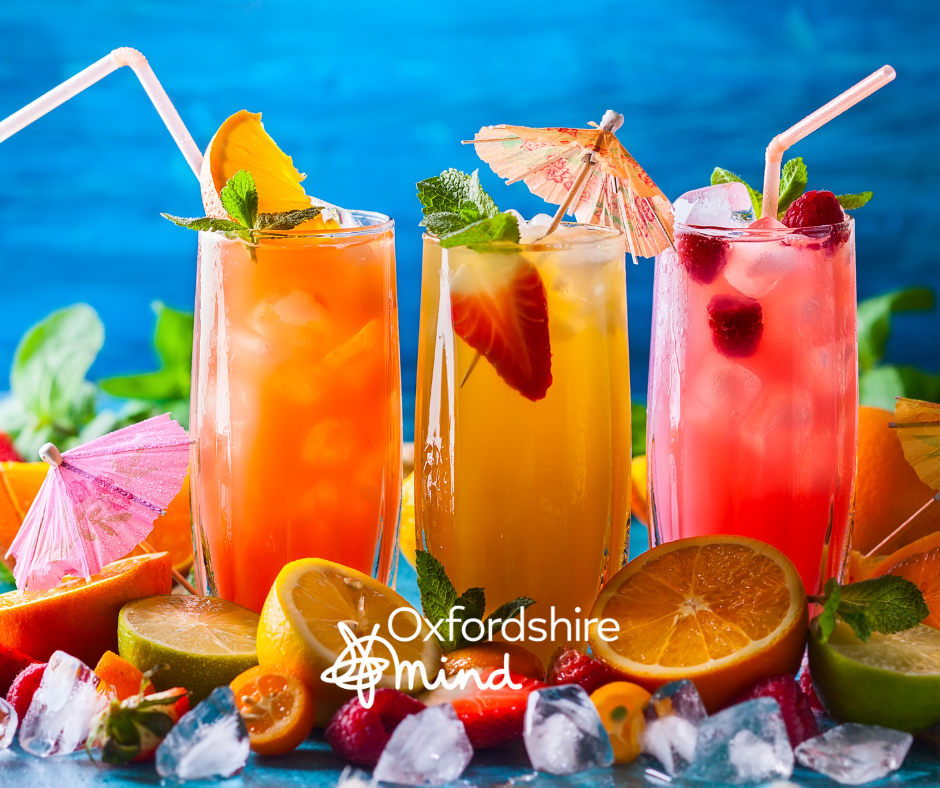What is Dry January?
Dry January is a movement of people who take on a challenge to not consume any alcohol for the entirety of the month. It’s not hard to conclude why people might be feeling a little alcohol-shy after a month of festivities in December.
The new year often gives people a renewed wish to get healthy and a good incentive to start the next 12 months with a challenge.
Why do people do it?
Often it comes down to two main benefits.
Improvements in your physical health include improved sleep and energy, weight loss and a reduction in heartburn.
It’s also an opportunity to save money. Alcohol is expensive and not an essential item in many cases, with the current rise in the cost of living, saving money is a massive incentive.
How does alcohol affect our mental health?
The first thing we should remember is that there are many reasons someone may consume alcohol. It can be used to celebrate occasions, to be social or as a pleasurable treat when relaxing. But people can also rely on alcohol to control their emotions or as an escape when they have not established any other outlets or coping strategies.
The chemical effect of alcohol changes the way your brain functions. It disrupts the neurotransmitters leading to a change in emotions and behaviour.
Although this may help us feel relaxed or less anxious in the short term, it reduces the number of neurotransmitters in our brain and can damage our ability to self-soothe and control our emotions.
Due to its ability to affect our brains, regular or heavy drinking is often linked to triggering mental health problems or exacerbating existing ones.
Should I join in on Dry January?
You should first ask yourself if this is something you think would benefit your mental and physical health.
If you regularly drink more than 14 units a week (six pints of beer or 6 medium glasses of wine), challenging yourself to one month of sobriety could have positive benefits.
However, sudden changes to our habits and lifestyles are tough, so make sure whatever goal you set is achievable. If you are likely to fail at total sobriety, then give yourself a goal of reducing your intake each week, or gradually building up to two weeks of no alcohol.
Our tips for a positive experience
Write a list of the reasons why you want to try Dry January: saving money, feeling good, challenging yourself, getting active… whatever it is that will make you happy during this process.
Remove or reduce triggers that may cause you to strain or struggle with your decision. This can mean removing alcohol from your environment and meeting friends at different times of the day or in different environments such as a café, rather than a restaurant. To remove the expectation and pressure of alcohol.
Be kind to yourself, it’s called a challenge for a reason. Take time for self-care and other activities that can help you to de-stress and wind down.
Remember that if you slip up that’s ok! We’re only human and what matters is you are trying to make positive changes in your life. Give yourself some compassion and try again when you’re ready.
Here to help
If you’re struggling with your mental health, try and talk to someone you trust. Oxfordshire Mind’s Information Service can provide you with free support, and access to local mental health services. Phone: 01865 247788, or email [email protected].


